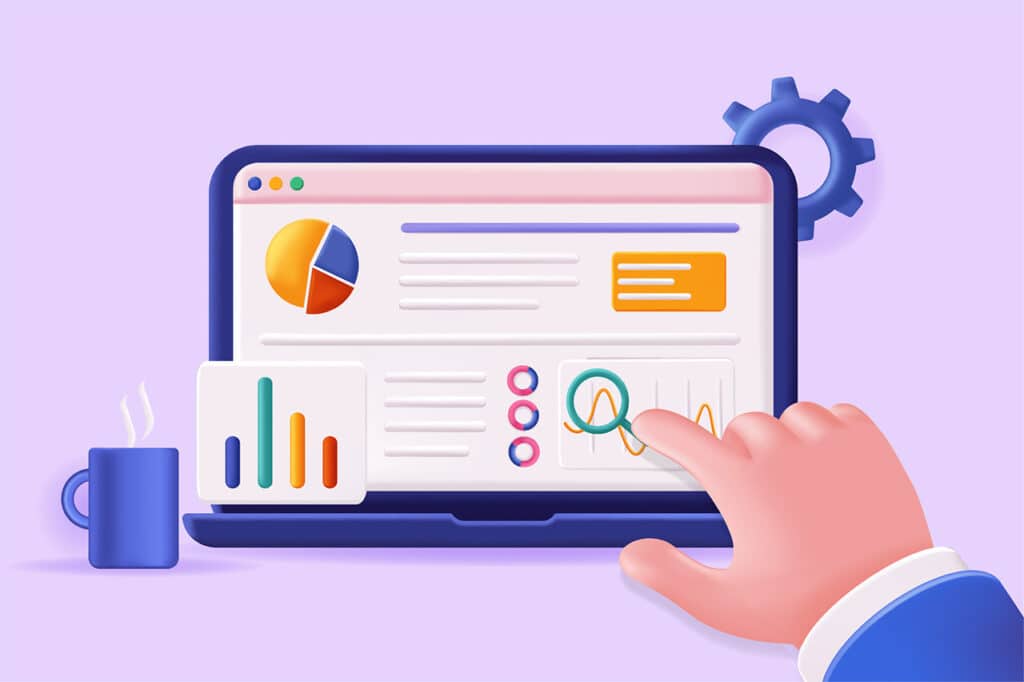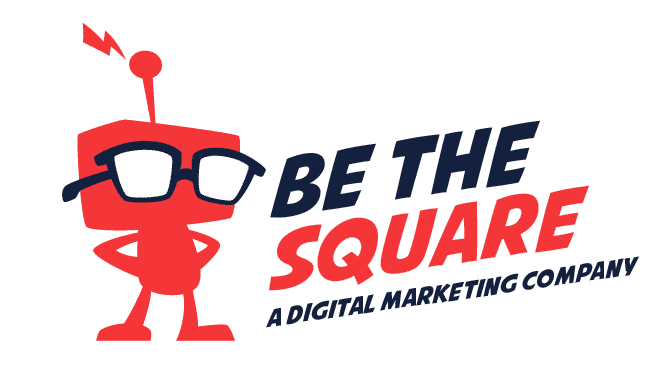Whether you’re a marketer, designer, or developer, user research is an essential part of every project. The best products are built with the people who use them in mind. To create something that works for others you need to understand their needs, wants and desires; this is where user research comes into play.
READ: Persona Segmentation And SEO | Know Your Traffic

What is Website User Research?
Website user research is a method of gathering data about your website’s users. It differs from web analytics, which measures how people interact with your site and collects data on traffic patterns, bounce rates, conversion rates and more. Website user research is a qualitative way to get to know your audience better by asking questions that can help you understand their needs and wants.
There are many different types of website user research tools available; some that are free and others that cost money (or both). You might be familiar with some of these tools already like Google Analytics or Hotjar but there are also other options like UserTesting.com where you can pay someone else to do the work for you if you don’t have time for it yourself!
Four Reasons Why Website User Research is Important
- You can get feedback from your audience.
- You can improve your website.
- You can get better results.
- You can increase revenue.
5 Ways to Get User Research Data
If you’re wondering how to get user research data, there are several options. Each one has its strengths and weaknesses, but all of them can help you learn what your customers want or need from the website.
- Surveys: You can send a survey to people who have signed up for your email list, or you can use an online tool like SurveyMonkey and target users based on things like where they live or how old they are.
- Interviews: In-person interviews are best if you’re trying to understand deeply held opinions about an issue that’s important in someone’s life (like healthcare).
- Focus groups: These work well when there are multiple opinions on the same topic (e.g., everyone who works at a company might have different ideas about what makes it successful). They tend not be as helpful if there’s only one perspective worth exploring (e.g., only one employee has been working at this company for long enough).
- User testing: Ask real customers who have just finished using something related to your product/service what they think about it. This method is great because it allows you not only see but also hear how real people interact with whatever experience means most to us–and why! It also gives us insight into whether our assumptions were correct in terms of usability/user experience issues we couldn’t see ourselves during development stages.
- A/B testing: This method is great for testing out different design changes to see which one works better. A/B testing helps us see the impact of small changes we make to our website, and whether or not they actually influence the user experience in a positive way. We can also use A/B testing as a quick way to get feedback from users without having to do any additional legwork (e.g., interviewing people).
The Most Important Takeaways From Website User Research
Don’t rely on your own assumptions when it comes to website user research. Don’t just assume that the product you’re building is what people want and need, especially if you’ve never talked to them about it before.

It’s easy for us as business owners and entrepreneurs to get lost in our own heads sometimes and forget that we are not the end-all be-all of our market—our customers are! We can fall into this trap by thinking that we know what they need or want better than they do, which isn’t always true.
READ: User Experience (UX) Design Essentials That Make Happy Customers
Use Website Analytics to Inform Future Design
You can use analytics to understand how your audience is using the site, what they want and need, and where they’re getting stuck. It’s also a great way to get an overall feeling for user behavior on the website.
The main things you should look at in web analytics are:
- The number of visitors per day/month/year
- Average visit duration (how long users stay on your site)
- Bounce rate (the percentage of people who land on one page but leave without visiting another)
- Referring sites (where are people coming from?)
This is just a basic overview of what you should be looking for in web analytics. There are many different tools out there to help you with this, but I’d highly recommend Google Analytics as it has the most features and is free.
You can get a lot of information from the people who use your site, and it’s essential you talk to them to better understand what they need from you.
User research can be as simple as asking a few questions of your customers. When you’re looking for what your users want, there are several ways to find out:
- Talk to them. If you have an online store, this will be easy because you already have contact information for your customers and their histories in your database.
- Use analytics data and reports. Your website analytics software (such as Google Analytics) will show you what pages people visit most often and how long they spend on them. It will also tell you which devices they’re using—and that might affect how mobile-friendly the site needs to be! (More on that later.)
Conclusion
User research is important for all companies, big or small. It allows you to better understand your users and how they use your product or service. If you want to create the best user experience possible, then it’s vital that you conduct regular user research studies either on your own site or in person with potential customers. The most important thing that we can take away from this article is that there are many different ways to get good data out of people; it just takes some creativity and patience!
If you have a project you’d like to discuss, we’d love to hear about it! Contact us directly on hello@bethesquare.com or give us a call on 833 277 8273





